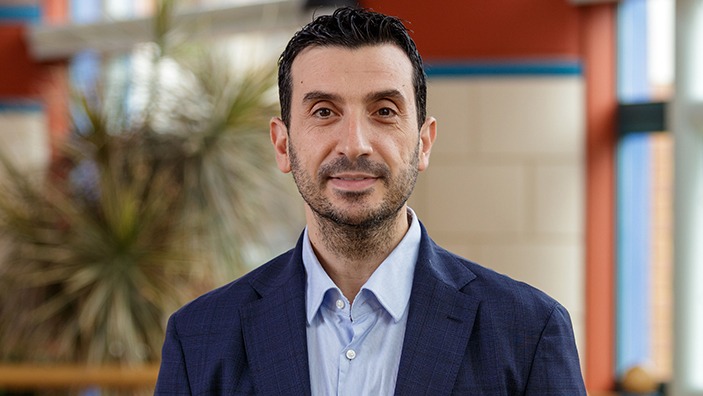Biotech companies created 40 per cent more US Food & Drug Administration-approved priority drugs than the entire pharmaceutical industry from 1998 through 2016 while spending less than half as much, says a study at Cambridge Judge Business School published in the latest issue of California Management Review.
The study is based on a novel dataset that traces each company that originally created the 524 products approved by the FDA during the 19-year study period – of which 237 were priority-review products and 287 were standard-review products.
Of the 237 priority-review products, 138 originated from biotech companies and 99 from pharmaceutical companies.

Priority approvals are issued by the FDA for new drugs that not only treat life-threatening conditions but also provide “significant improvements” in safety or effectiveness compared to existing treatments. “When the public thinks about medical breakthroughs – something that moves medicine forward in an important way – these priority-review products are likely to be the discoveries it has in mind,” says the study in the Spring 2020 issue of California Management Review co-authored by Donald Drakeman, Fellow, and Dr Nektarios Oraiopoulos, University Lecturer, at Cambridge Judge Business School.
The study estimates that the pharmaceutical industry spent a total of $1.6 trillion on research & development (R&D) and the biotechnology industry spent $627 billion around the same time period as the study.
“A common limitation of many R&D performance studies is the lack of a commonly accepted metric of how to measure the innovativeness of a new product,” the journal article says. “Our study overcomes this challenge by looking at an objective criterion that applies equally to all the companies: the status of first-ever FDA approval of new molecular entities” in the form of priority or standard approvals.
The study says the findings reflect the often different approaches of established pharmaceutical companies and smaller biotech firms funded by venture capitalists and other life sciences investors. While large pharmaceutical firms often invest in bigger and more focused portfolios, biotech firms make more, smaller bets and quickly abandon failing projects. The new research highlights the role of this biotech ecosystem in providing funding for such a highly diversified portfolio, finding that the biotech industry initiated nearly 5 times as many projects as the pharmaceutical industry (39,619 compared to 8,377) around the same time period of the study.
While large corporate R&D teams may be expert in managing product development pathways, they need to “avoid falling into the trap of narrowing the funnel too quickly” and missing out on the next blockbuster product “because it did not fit today’s strategic criteria”, the study says.
The study – entitled ‘The Risk of De-Risking Innovation: Optimal R&D Strategies in Ambiguous Environments’ – is co-authored by Donald Drakeman, a Fellow in Operations and Technology Management at Cambridge Judge Business School and a Venture Partner at Advent Life Sciences and Dr Nektarios Oraiopoulos, University Lecturer and the Director of the MPhil Programme in Strategy, Marketing & Operations at Cambridge Judge Business School.
Featured research
Drakeman, D.L. and Oraiopoulos, N. (2020) “The risk of de-risking innovation: optimal R&D strategies in ambiguous environments.” California Management Review, 62(3): 42-63 (DOI: 10.1177/0008125620915289)
Related articles
Faculty news
Panel event explores VC’s role in the biotech sector
Helping to build lasting links between investors and biotech companies is a key role played by venture capital (VC) in the life sciences ecosystem. An event at Cambridge Judge Business School organised by Professor Nektarios (Aris) Oraiopoulos and VC firm Forbion focused on relationship-building and demystifying the role played by venture capital.
Governance, economics and policy
Put your resources to work: strategies for business success
Change is the very nature of business – especially successful businesses. Times change, customer needs change and the attractiveness of different market sectors change over time. Effective allocation of resources is essential to meet the demands of such change, finds research at Cambridge Judge Business School.
Entrepreneurship and innovation
Fighting cancer: how biotech companies are making an impact
Amid rising cancer concerns, scientists and entrepreneurs worldwide are racing to develop novel treatments. Independent biotech companies, often more cost-effective than pharmaceutical giants, play a crucial role in this uncertain landscape, exemplified by the success of checkpoint inhibitors – a ground-breaking class of cancer therapies.





